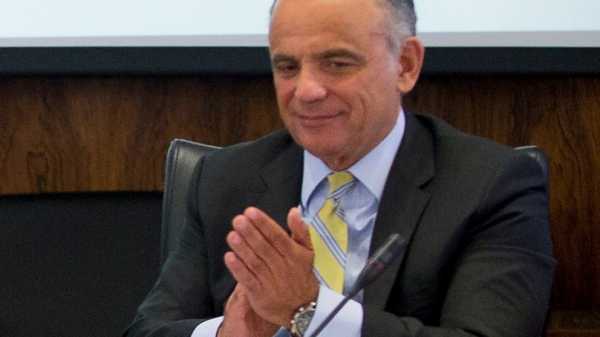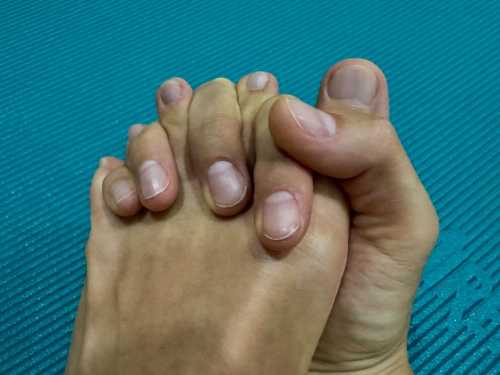
The United Nations agency that fights AIDS has reopened a sexual harassment investigation of a top official who was cleared in an initial probe, saying Monday that additional allegations have emerged.
UNAIDS declined to specify the new allegations against Luiz Loures, the agency’s outgoing deputy executive director for programs. Loures faced sexual harassment and assault accusations from a lower-level employee, Martina Brostrom.
Brostrom alleged he forcibly kissed and grabbed her in a Bangkok hotel elevator in May 2015, claims that Loures has denied. The complaint was in part motivated by the heightened awareness of job-based sexual harassment and abuse raised by the #MeToo movement, Brostrom has said.
The Associated Press does not typically identify victims of sexual assault. Brostrom spoke to the news media after it emerged publicly this year that a World Health Organization office rejected the case in September, citing “insufficient evidence.”
In an email Monday, Brostrom said the case actually had been looked into twice before and she wasn’t optimistic.
“Given past irregularities in the prior U.N. investigations, I have no confidence that yet another U.N. internal investigation will produce an objective and independent outcome,” she said.
Critics, including Brostrom, said the review process by WHO’s Office of Internal Oversight Services was badly flawed.
According to a UNAIDS statement emailed Monday to The Associated Press, WHO Director-General Tedros Ghebreyesus has asked the U.N.’s internal oversight office to conduct the new investigation.
UNAIDS declined to provide specifics about the new allegations against Loures. Agency spokesman Roman Levchenko said information needed to be withheld “to protect the integrity and confidentiality of the process.” WHO also declined further comment.
The original case centered on alleged sexual harassment and assault, and UNAIDS did not refer to sexual assault in its statement about the new investigation.
Monday was Loures’ last day at UNAIDS, Levchenko said.
In February, UNAIDS spokesman Mahesh Mahalingam told reporters in Geneva that Loures would leave his post by March 31.
Mahalingam said at the time that Loures’ departure had nothing to do with Brostrom’s allegations, but said the deputy executive-director felt “this is time for him to move on” after 22 years of “long and distinguished” service at UNAIDS. Mahalingam also praised Loures as a pioneer in making AIDS drugs available in developing countries.
UNAIDS Director-General Michel Sidibe said in Monday’s statement that the agency “has zero tolerance for sexual harassment” and will “cooperate fully with all aspects of the new investigation.”
Earlier this year, UNAIDS told The Associated Press it had received only one sexual harassment complaint between 2013 and 2017, and that the allegations were not substantiated. The agency counts about 700 staffers between its Geneva headquarters and field offices.
Critics of the decision from the original investigation want an independent probe conducted outside the United Nations.
AIDS-Free World’s Code Blue campaign, which works to fight sexual exploitation and abuse by U.N. personnel, lashed out Friday at the “UN’s shockingly biased and corrupted internal investigation.”
Code Blue alleged the earlier investigation “overlooked the improper intrusion” of Sidibe and accused him of launching a “costly damage control campaign to protect his status and position.”
Sidibe said he has recused himself from the case and that no UNAIDS officials will be involved from now on.
UNAIDS, which is officially named the Joint United Nations Program on HIV/AIDS, brings together 11 U.N. organizations to help reduce HIV infections and end AIDS-related deaths.
———
This story has been corrected to show the first name of UNAID’s director-general Sidibe is Michel, not Michael.
Sourse: abcnews.go.com






